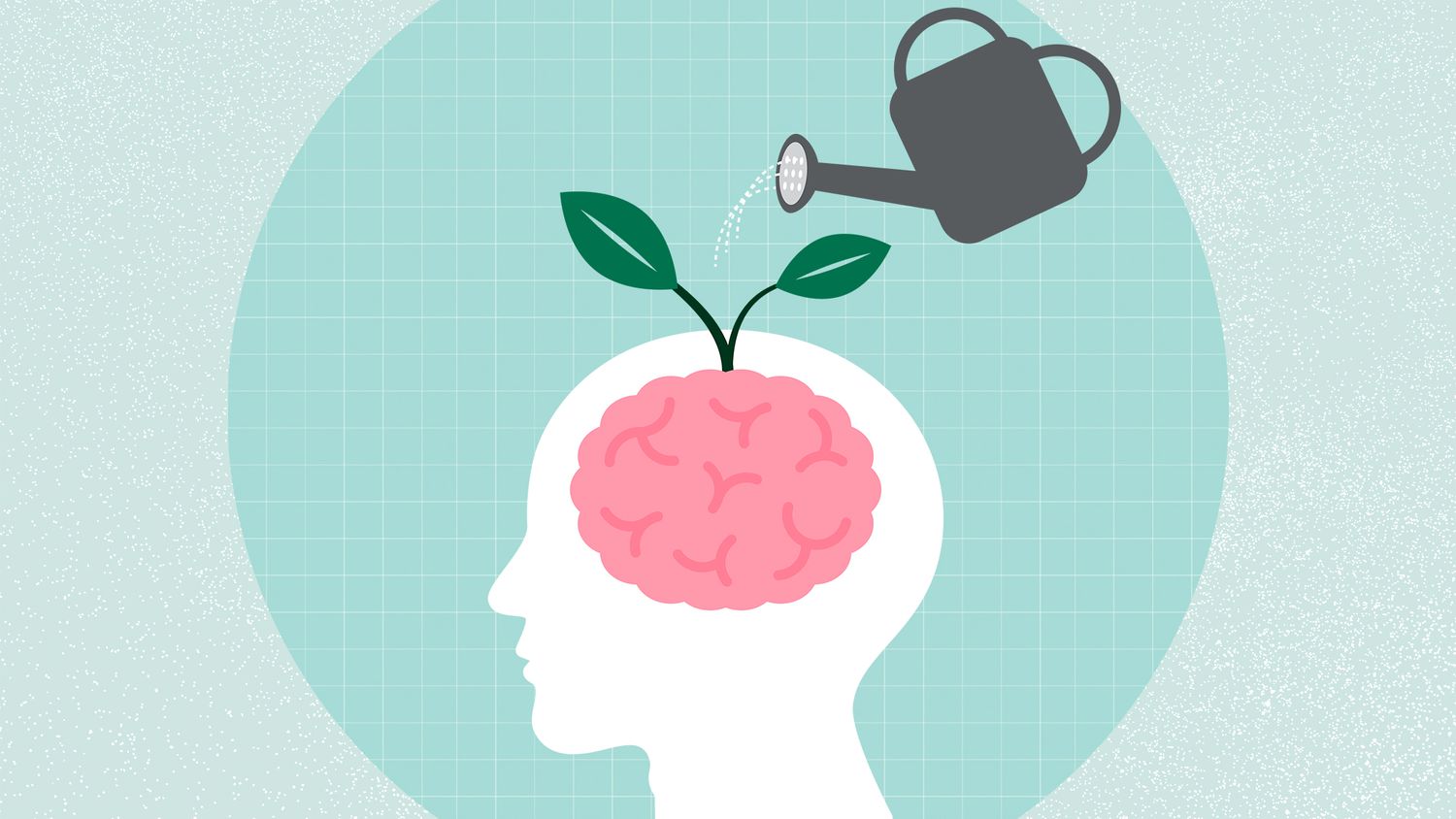Digital health funding declines for the third year in a row
AI-enabled digital health startups raised $3.7B, 37% of total funding for the sector
Read more... According to the World Health Organization, there are currently more than 55 million people live with dementia worldwide, with nearly 10 million new cases every year.
According to the World Health Organization, there are currently more than 55 million people live with dementia worldwide, with nearly 10 million new cases every year.
Alzheimer's disease is the most common form of dementia, and may contribute to 60 of 70% of cases. It's also the seventh leading cause of death among all diseases and, as the WHO points out, "one of the major causes of disability and dependency among older people globally."
As such, an increasing number of Medicare Advantage plans are now incorporating memory fitness benefits; the number of plans offering this to their member grew 40% from 2022 to 2023, and a new survey shows that they are overwhelmingly popular, even more popular than physical fitness benefits.
The survey, which was conducted by health insurance data analytics firm Deft Research, and sponsored by Posit Science, maker of BrainHQ brain exercises, found that 96% of those surveyed said that plans offering physical fitness benefits should offer brain fitness benefits as well.
Over 90% also said that brain health is equally, or more, important than physical health; a health brain benefit topped other potential benefits that plans might offer, including a gym, virtual fitness, Personal Emergency Response Services, helper, companion, transportation, emergency travel assistance, meals, acupuncture and massage.
More importantly, the vast majority, 85%, also said they would the benefit if they had it, with 34% saying they were extremely or very likely to do so.
“These results show us that the brain health revolution is coming to Medicare,” Dr. Henry Mahncke, CEO of Posit Science, said in a statement.
“The past twenty years of research have shown that the right kind of brain training can help people think faster, focus better, and remember more. Seniors now know that they maintain and improve their brain health – just like they can maintain and improve their physical health. And they expect their Medicare Advantage plans to offer them clinically-proven benefits that help with both physical health and brain health.”
In addition to BrainHQ, which offers dozens of computerized exercises that use algorithms to monitor progress and suggest a personalized brain exercise regimen for each user, there are a number of companies now measuring the brain for signs of Alzheimer's and other forms of dementia.
That includes Neurotrack, which develops digital cognitive health solutions that allow people to assess, monitor and strengthen their brain health to reduce the risk of Alzheimer's and other dementias; Cognito Therapeutics, a medical device that delivers non-invasive neuromodulation to improve outcomes in neurodegenerative diseases; and Linus Health, a company using artificial intelligence and neuroscience technology to better screen for signs of Alzheimer’s disease.
Last year, direct-to-patient healthcare company Ro announced an agreement with the National Institute on Aging, part of the National Institutes of Health, to create the "Registry for Equal Access to Clinical Trials in Alzheimer’s Disease." Ro will help identify potential patients who could participate in clinical trials by using its telehealth platform to screen and recruit patients who may be at an elevated risk for the disease to join a registry of potential participants in NIA-conducted and funded clinical trials. The goal is to also use Ro's technology to diversify recruitment.
(Image source: meredithcorp.io)
AI-enabled digital health startups raised $3.7B, 37% of total funding for the sector
Read more...OXcan combines proteomics and artificial intelligence for early detection
Read more...Nearly $265B in claims are denied every year because of the way they're coded
Read more...
